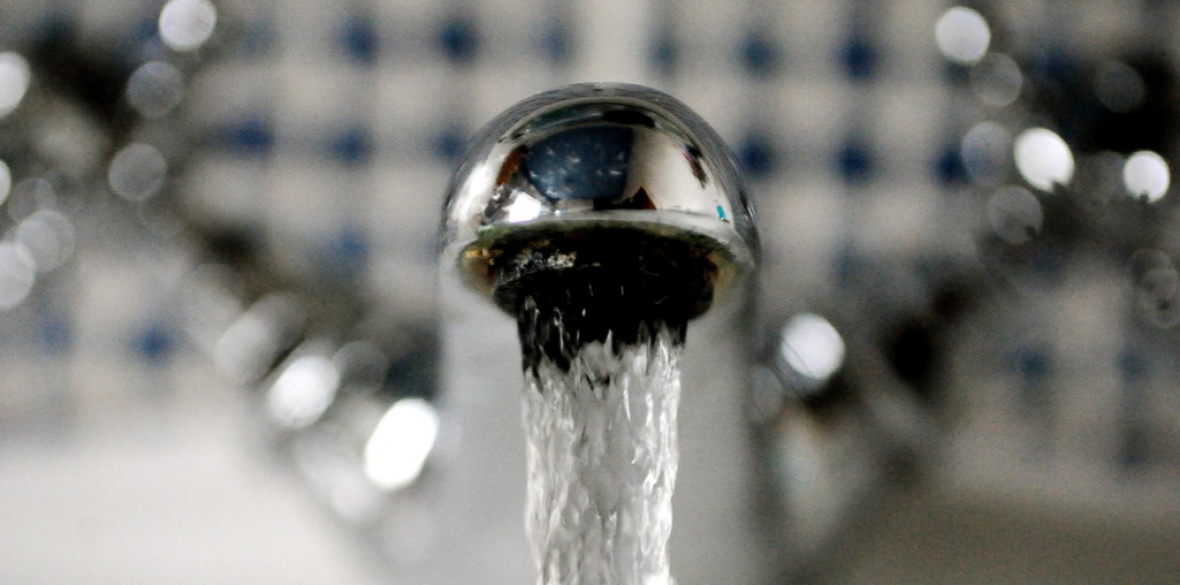STARK warnings from Environment Agency chief executive Sir James Bevan that England could be unable to meet its water usage needs in 25 years should be the writing on the wall for the privatised model introduced when Margaret Thatcher privatised this natural resource in 1989.
But if our wilfully blind corporate and political Establishment gets its way the writing is likely to be on the wall for our civilisation instead.
A growing awareness of climate change is sweeping the world. The public are way ahead of politicians, taking to the streets in the school strikes for the climate and Extinction Rebellion mobilisations as increasingly angry citizens realise our political masters are all talk when it comes to meeting this unprecedented challenge.
Climate change reducing the amount of water available is just one of the causes of the shortage Bevan predicts, the others being projected population growth and the colossal extent of waste.
Reducing individual water consumption will be part of the solution. Bevan argues that we can bring down per capita consumption from 140 to 100 litres a day. His comparison to changing attitudes to plastic hits the mark: millions now try to minimise plastic use by bringing their own bags to supermarkets or using refillable drinks containers who previously would not have even noticed how much plastic they were using. Millions more recycle what they would previously have dumped in landfill-destined bins.
“Persuading consumers and firms to use less water” are in the words of BBC environment analyst Roger Harrabin the “tough decisions” we now face. But the real tough decisions concern questions of ownership and control which strike at the heart of the way our economy is run.
Privatising water was always an injustice. There is no water “market” — as GMB general secretary Tim Roache has put it, when you look at your kitchen sink you see taps labelled “hot” and “cold,” not taps labelled Thames Water and Yorkshire Water.
All privatisation did was gift certain corporations the right to make immense profits from a natural resource. As of last year the CEOs of the nine private water firms in England took home an average of £1.2 million a year. The cost of water has risen by 40 per cent above inflation since privatisation.
It is not because they do a good job. Water leakages from broken pipes amount to three billion litres a day. If Britain’s 65 million inhabitants cut their water use by as much as Bevan suggests that would cut consumption from around 9.1bn litres a day to 6.5bn. So the entire country changing its behaviour would save less than fixing the infrastructure which the privatised water boards have no interest in fixing while the profits keep flowing (GMB and Corporate Watch found that the privatised water firms paid out £6.5bn in shareholder dividends between 2013 and 2017 — money that could have been used to repair the infrastructure and stop leaks).
The water companies do not produce the water or even properly maintain the systems that deliver it. Like the parasites awarded the privilege of levying taxes on salt and tobacco by kings of old, they have no right to the lucre they amass.
From the Tories — if they deign to acknowledge the water crisis at all — we will hear appeals to personal frugality delivered by representatives of the super rich, a few stern words to the water profiteers to mend their ways and probably a bid to blame immigration by claiming there isn’t enough water to go round.
Labour, by contrast, are committed to the only serious solution — taking water back into public ownership. Chuka Umunna claims this is a waste of money. The lucky few who profit from the status quo will always find excuses to avoid the radical change our society needs. But we can no longer afford to delay it.











